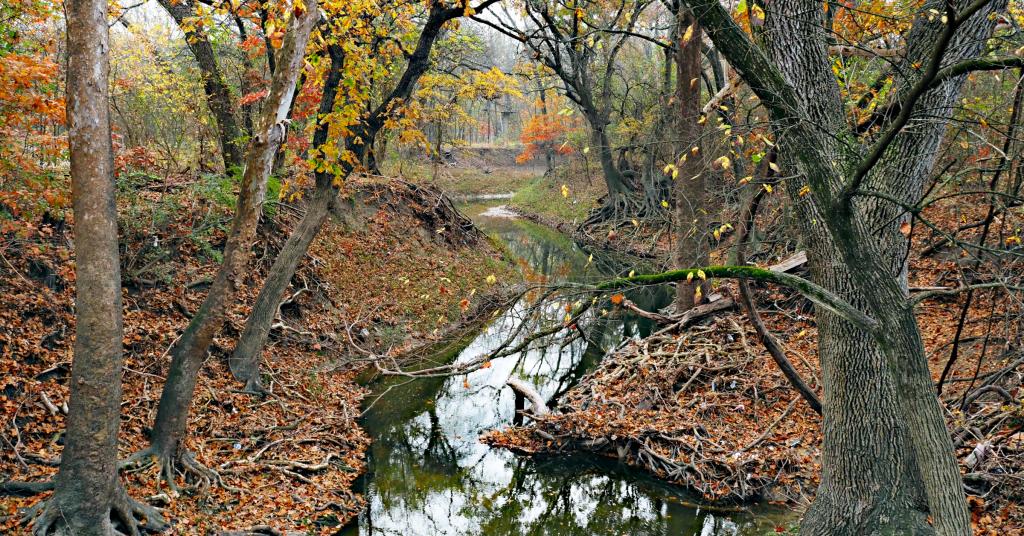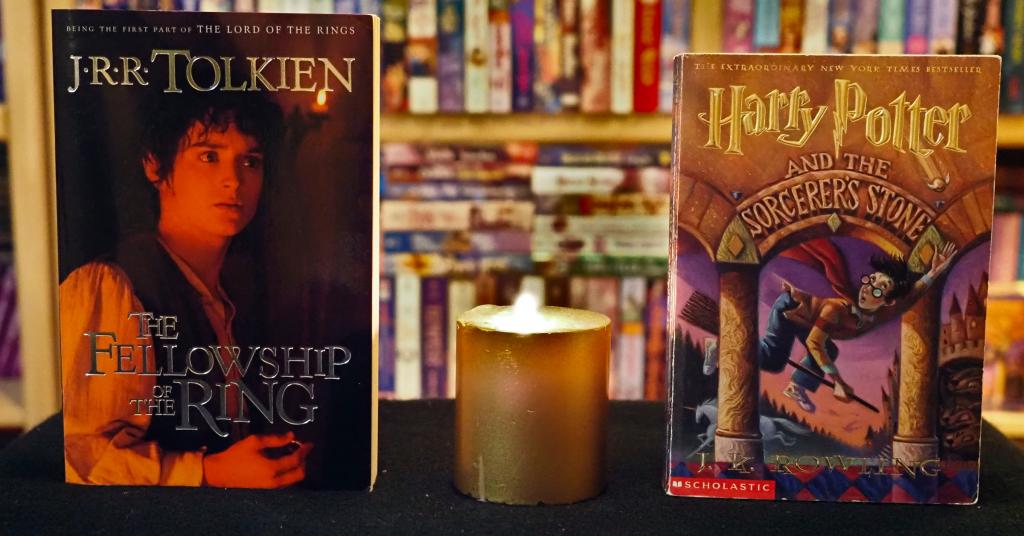I see a lot of people talking about destiny: how to find it, how to follow it, how to fulfill it. I see more than a few offering to help people do all these things… for a price, of course.
What I don’t see are very many people talking about what destiny is, if you have one, and most importantly, if you even want one.
The dictionary defines destiny as “events that will necessarily happen to a particular person or thing in the future.” Hmmm… if that’s the case, then it doesn’t matter if you find it or follow it – it’s going to happen regardless.
I think when most people talk about destiny what they really mean is a calling, especially as defined by Presbyterian minister Frederick Buechner: “your calling in life is where your greatest passion meets the world’s greatest need.” Unfortunately, for most of us that intersection rarely occurs in a place where it’s possible to make a living.
So we wish for a destiny that would allow us to live a meaningful and impactful life without worrying about paying the rent. And in doing so, we ignore the complications and limitations a destiny would bring, and – perhaps most importantly – we ignore the things we can do to live the kind of life we want to live.
The desire to be special
Many people’s thoughts about destiny mirror their thoughts about past life memories. Such memories can help us understand why we are the way we are, but they can also focus too much attention on the past and away from the present. Done poorly, they can feed our desires to feel special. Why do we hear about so many people who were heroes and princesses in a past life and never about who was a scullery maid or a subsistence farmer?
We often feel ordinary and even insignificant, and think that if we could find our destiny, we’d be special. And in doing so, we forget that a destiny can be ordinary. Perhaps your destiny is to do one completely ordinary thing that enables something critically important, in a “for the want if a nail” sense. Only you’ll never know it, because it’s not important that you know it.
There is honor, value, and meaning in an ordinary life lived well. If you really want to be special, you’re going to have to do something special.
The desire for clarity
I think the most common reason people want to discover their destiny is for clarity. Modern life is nothing if not complicated. How much education do you need? In what fields? How are you going to pay for it? How are you going to make a living? Where are you going to live? Who should you marry? Should you marry? Did you marry the wrong person? The decisions go on and on.
What if you knew what you were supposed to be doing? What if the decisions were obvious and there was no chance of regret? Sound good?
But what if you don’t like what becomes obvious?
What if your destiny is to die on Anglesey in 61 CE? Or at Hastings in 1066? Or at Pearl Harbor in 1941? Not doing something extraordinary – just another common soldier caught up in the ravages of war. What if your destiny is to die of starvation, or smallpox… or Covid-19?
Clarity is good. At some point we all have to choose, and refusing to choose is itself a choice. But better that we are able to make those choices for ourselves than to have them thrust upon us by Gods, their surrogates, or by a universe that is entirely ambivalent about our existence, much less our happiness.
Destiny = environment + choices
Destiny alone won’t make us special, and while it may provide clarity we may not like what it makes clear. Destiny won’t fix our problems, but that doesn’t mean it’s not real – because it is.
Destiny is simply the combination of your environment and the choices you make.
Those who say “you create your own reality” are wrong – cruelly wrong. So much of our lives depend on when and where we’re born, who our parents are – and who their parents were. Some have an easy path to an easy life – others are born into a legacy of suffering.
Still, where ever you begin, over the course of your life you will make many choices. Most are insignificant. Some are impactful. A few are critical. The problem is that often, we don’t realize which are which, particularly when we’re young and our brains are still developing. Many times we make choices we don’t even realize are choices.
And after a while, all these choices start to look like destiny – like it could have happened no other way.
Free will, not fate
This is the classic philosophical argument about free will vs. fate. It’s gotten worse in modern times, with many scientists (operating from a materialist worldview) insisting that there is no free will – that we’re all prisoners of physics and chemistry.
Ultimately this question is unanswerable, by science or by philosophy. But I contend that we’re better off believing in free will, because if we believe in it, we’re more likely to live mindfully and to do things that make our lives better.
In their excellent book Elves, Witches & Gods: Spinning Old Heathen Magic in the Modern Day Cat Heath talks extensively about fate – something that’s important in Heathenry. Cat makes the point that while fate is spun, we can spin too.
Fate exists, but we are not its slaves.
Frodo Baggins, not Harry Potter
This is not about whether The Lord of the Rings is better than Harry Potter. It is, but I enjoyed them both. Nor is it influenced by J.K. Rowling’s despicable attacks on trans women.
Rather, it’s about destiny vs. free will.
Harry Potter was “the chosen one.” He had a destiny. His birth was prophesied. He was protected by his mother’s love – a love that left him orphaned. His mentor placed him in an abusive foster home, and – in the words of his nemesis Severus Snape – “raised him like a pig for slaughter.”
He fulfilled his destiny at age 17 and then went to work in Magical Law Enforcement – he became a policeman.
Frodo Baggins was enjoying the timeless pleasure of being a hobbit in the Shire when he got caught up in something much bigger than himself. Was it destiny that put the One Ring in his possession? Perhaps.
But as the Council of Elrond was degenerating into petty squabbling, Frodo exercised his free will.
“I will take the Ring to Mordor. Though, I do not know the way.”
You know the rest of that story.
Do you want to find your destiny? Or do you want to make your destiny?
Meaning, not destiny
I suspect that most people who are desperately seeking their destiny aren’t really trying to discover what the Fates have planned for their lives.
Rather, they’re looking for meaning.
The meaning of life is another one of those big questions that philosophers and theologians have been debating for at least as long as we’ve been human. If there is no grand metanarrative to life (and I do not believe there is) then we are free to find our own meaning. But that also means that we must find our own meaning.
And if we are to find it, or to create it, we must do so actively, not passively.
We’ll cover that in a future post.



















